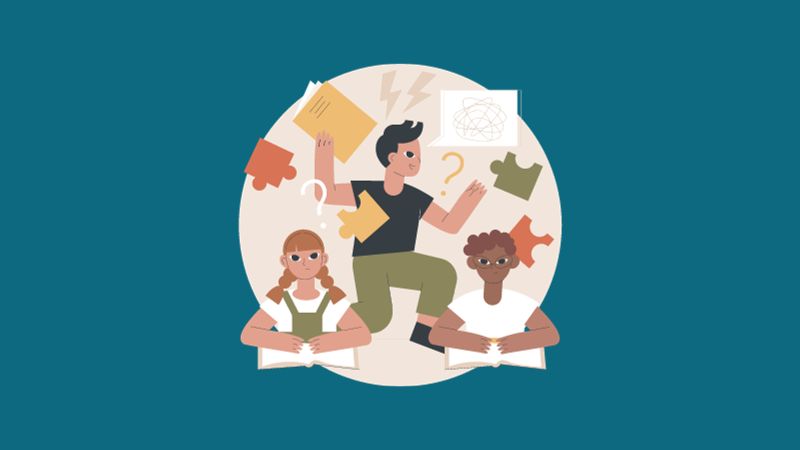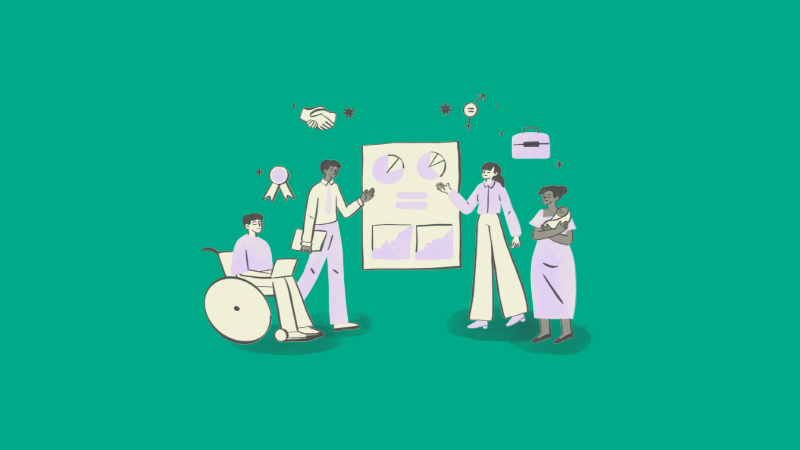Table of Contents
Affiliate link notice: As an affiliate of BetterHelp and other third-party vendors, We will receive compensation if you make a purchase using the links provided on this page. For more information, visit our disclosure page.
Last Updated on July 25, 2022 by Randy Withers, LCMHC
Although you might dread a trip to the mall during the holiday season, several studies show that the hustle and bustle may be worth the stress after all.
Imagine watching your friend, spouse, child, or parent open a gift they’ve desperately wanted. The smile on their face will likely elicit a feeling of joy in both them and you.
The importance of giving (and other acts of altruism) goes beyond improving the life, health, and happiness of others. Research related to the psychology of giving also shows it also makes you happier. Shopping for presents isn’t the only form of giving back, though. Donating your time and money to charities and individuals are other ways to feel happier as a giver.

The Psychology of Giving: 5 Benefits
The benefits of giving are indisputable when it comes to improving your mental and emotional health. Those who regularly make charitable donations or deliver various acts of service often experience the following psychological rewards.
1. Achieve Personal Satisfaction and Growth
Have you ever bought a meal for a homeless person or donated old blankets to an animal shelter? More than likely, the experience left you with a good feeling.
You didn’t imagine things, either. Donating can actually make you feel happier by generating a sense of personal satisfaction and growth. In fact, one study found that people have a 7.35% increase in life satisfaction through volunteering and giving.
When you give, generating that “warm glow” associated with social connection, trust and pleasure are much easier. Often, altruism makes you feel excited or causes you to feel closer to others during and after your act of service.
2. Lowers Depression and Anxiety
Studies have previously indicated that our ability to build resiliency and move through life’s challenges derives from a greater sense of purpose. We can boost our well-being by giving back to others in need.
According to organizational psychologist and author Adam Grant, one of the most effective “anti-anxiety medications available is generosity” – simple acts that benefit others at little cost to you.
Since the 1980s, researchers have referred to the positive feelings that follow altruistic behaviors as the “helper’s high.” Do-gooders stimulate the same parts of the brain that lower cortisol levels – the stress hormone – and increase oxytocin and other mood-boosting neurotransmitters.
For those who struggle with depression and anxiety, social isolation is a contributing factor. We all desire social connectivity. Giving to others is an excellent way to feed that need.
3. Increases Your Life Expectancy
Some studies suggest that acts of service and charitable donations may enhance longevity. In a recent survey, experts found that countries that provide better care and support to their citizens have higher life expectancy.
According to the study, individuals in Japan and France live notably longer than those from other societies. The findings linked this to people donating 68-69% of their lifelong incomes to their communities.
Of course, longevity is influenced by more than just monetary giving. Volunteering also reduces mortality risks by invoking brain stimuli that motivate altruistic behaviors and reduce stress.
4. Encourages Social Connectivity
Donating can make you happier by helping you strengthen your ties with others. Consider the feeling you get when you unexpectedly surprise your spouse with flowers after work, volunteer at a soup kitchen during the holidays, or play board games with seniors at a nursing home. Living generously typically gets rewarded and builds an exchange of trust and connection.
According to the World Happiness Report, women are more likely to feel happier from communal volunteerism, with older adults accounting for a significant number of volunteers in the United Kingdom.
In fact, altruistic socialization is even more essential for elderly adults’ overall happiness and well-being. A 2019 study found that older adults were more active and exuded positivity when socializing with people outside their typical interactions.
5. Evokes Feelings of Gratitude
Whether you’re the giver or receiver, acts of kindness evoke feelings of heightened gratitude. Gratitude is essential to feeling personal happiness, supporting your mental and physical health, and strengthening relationships.
According to Christina Karns, a neuroscientist at the University of Oregon, people feel increasing gratitude when they watch a charity they care about gain funding. While analyzing those who participate in gratitude journaling, she found that the brain’s reward system responds more positively to giving than receiving.
Essentially, Karns’ findings demonstrate that gratitude encourages charitable acts. You can cultivate a more profound sense of gratitude in the following ways:
- Writing down what you’re most grateful for in a journal each day
- Saying what you’re thankful for out loud when you wake up in the morning
- Setting your intention to gratitude during meditation
- Writing letters to people you never properly thanked for something they did or gave
Additionally, studies show that lived experiences – excursions, events, eating out – lead to a greater sense of gratitude than material objects.
How to Give Back to Others
Happiness doesn’t solely depend on monetary donations. Even if money is tight, there are many ways you can reap the benefits of giving. Additionally, giving can be through minor acts or of great significance.
Sitting with hospital patients and lending them your ear is a great way to donate your time without spending money. Many people simply look for someone to listen to them, offer advice, or lift their spirits to get through difficult times. You might even decide to tutor a school kid in math or assist high school students with college applications and essays.
Do you have an elderly neighbor who struggles to maintain their home? Ask if you can assist them with a few household chores or if anyone on your street would like to help you give their home a fresh coat of paint.
Baby-sitting, offering your skills to a non-profit organization, or fundraising for a charity are other options you might consider.
Of course, substantial selfless acts might include serving as someone’s surrogate. In the U.S., infertility affects 19% of women between the ages of 15 and 49. Helping couples struggling with infertility start their families is a beautiful way to give back.
Donating blood or even storing your newborn’s remaining umbilical cord blood in a cord bank are other significant acts of kindness. Cord blood contains hematopoietic stem cells that can become any blood type in the human body. As such, cord blood banking is potentially an investment in your child’s future should they ever develop a severe medical condition.
Whichever way you donate, you’ll want to put those acts on repeat to receive happier benefits of giving. A single act of kindness may only release about three to four minutes’ worth of oxytocin, which is why you’ll want to work them into your daily routine.
Final Thoughts
While you shouldn’t overlook the importance of giving back, donating to others is an excellent way to boost your happiness. Think about ways you might be interested in helping someone, whether a small or large contribution.
More than likely, you’ll be hooked on the good feelings.









